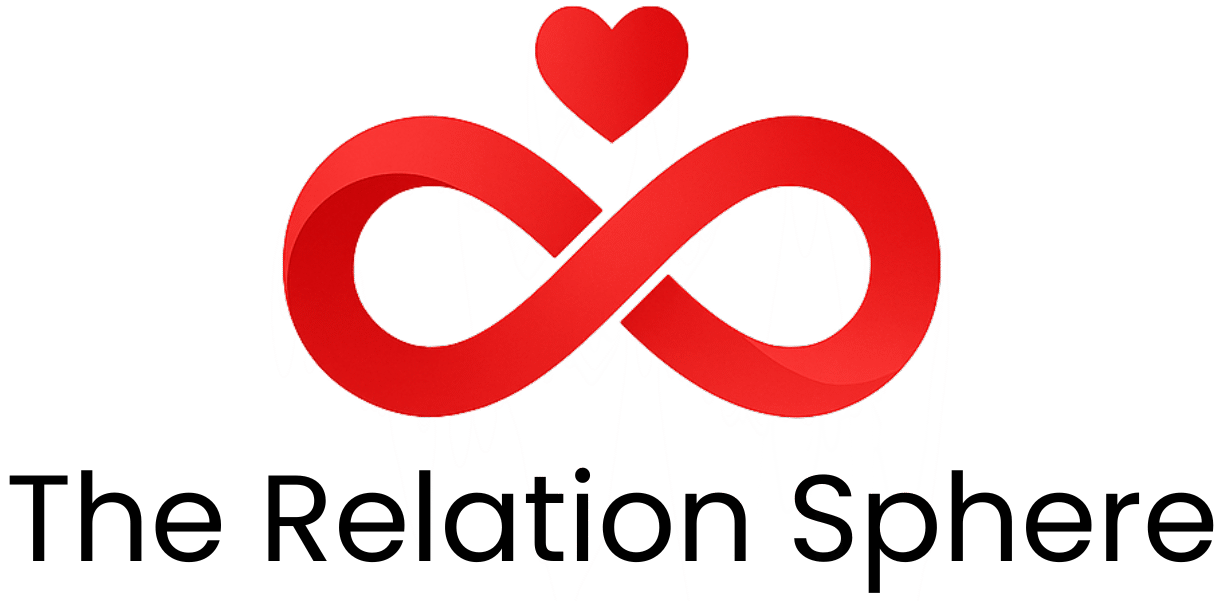1. Introduction
Our childhood attachment styles profoundly influence various facets of our lives, especially our career relationships. Recognizing how your early emotional bonds impact your professional interactions can unlock pathways to better workplace dynamics and comprehensive career development. For instance, understanding the importance of secure attachment can be pivotal in establishing trust and effective communication with colleagues and superiors. This is why exploring concepts like attachment styles and their impact on your work relationships is essential for achieving long-term career success.
In today’s competitive job market, tools such as The Seven Principles for Making Marriage Work are invaluable for developing the emotional intelligence needed in professional settings. Equally, therapies focusing on inner child healing, like The Inner Work of Relationships, can help individuals foster healthier career relationships by addressing foundational attachment patterns.
2. The Link Between Childhood Attachment and Career Relationships
Childhood attachment styles—such as secure, anxious, avoidant, or disorganized—play a significant role in shaping how individuals approach their professional interactions. These early emotional patterns often persist into adult life, influencing communication styles, levels of trust, and capacity for collaboration. Whether you realize it or not, your attachment history affects your ability to build effective working relationships, negotiate conflicts, and lead teams.

Securely attached individuals tend to foster trusting and collaborative professional relationships, enhancing overall career growth and stability. Conversely, those with insecure attachment styles often face challenges in teamwork, trust-building, and leadership. Incorporating strategies from resources like Love & Respect can help individuals understand how their childhood emotional patterns impact workplace dynamics and how to work towards healthier interactions.
3. How Childhood Attachment Styles Affect Workplace Dynamics
Secure Attachment and Career Success
Professionals with secure attachment often demonstrate high confidence, effective communication, and resilience—traits that lead to leadership opportunities and positive reputation in the workplace. Enhancing these skills through motivational books like Love More, Fight Less can significantly improve your ability to navigate career challenges and foster trust.
Anxious Attachment and Workplace Challenges
Those with anxious attachment may find it hard to handle criticism or conflict constructively, often seeking reassurance constantly from colleagues or managers. These behaviors can disrupt team harmony and undermine credibility, but understanding these tendencies using insights from attachment styles explained empowers individuals to develop healthier responses.
Avoidant Attachment and Professional Detachment
Individuals with avoidant attachment tend to keep emotional distance, which can hinder collaboration or networking opportunities. Their preference for independence might limit visibility or chances for promotion, but strategies from Why Men Love Bitches can assist in balancing independence with strategic engagement.

4. Breaking the Cycle: Healing Childhood Attachment for Better Career Relationships
Recognizing the influence of childhood attachment styles in professional contexts is crucial for growth. Developing self-awareness allows you to trace your behaviors back to early experiences, creating opportunities for change. Techniques from frameworks like inner child healing can help rewrite negative patterns and encourage healthier interactions at work.
Therapies focusing on attachment-based counseling and emotional intelligence building are effective tools for transforming insecure attachments into secure, productive career relationships. This proactive approach can result in greater job satisfaction, leadership capacity, and resilient teamwork.
5. Practical Strategies to Improve Your Workplace Relationships
- Develop Self-Awareness: Regularly reflect on how early life experiences influence your current work behaviors. Tools like Family Compact Among Generations can provide historical insight into intergenerational attachment patterns.
- Enhance Communication Skills: Practice active listening, assertiveness, and transparency—skills highlighted in Couples Edition – 50 Scratch-Off Date Night Ideas as effective for building emotional connection.
- Build Trust Gradually: Be consistent and dependable in your professional dealings. Applying principles from The Seven Principles for Making Marriage Work can be equally beneficial in workplace relationships.
- Seek Feedback: Welcome constructive criticism as a growth opportunity. Using tools like Let’s Get Deep encourages healthy dialogue and deeper understanding.
- Invest in Emotional Intelligence: Improve empathy, self-regulation, and social skills to foster stronger professional bonds, as emphasized in RISKY COUPLES for couples, which applies broadly to workplace contexts as well.

6. Real-Life Examples of Childhood Attachment Influencing Career Relationships
Many professionals notice that insecure attachment patterns surface in their work relationships. For example, someone with anxious attachment might overextend themselves in team projects or fear rejection, while avoidant individuals often shy away from leadership roles. Recognizing these tendencies with the help of resources like attachment style quizzes can lead to targeted personal development strategies that improve workplace harmony and productivity.
Being aware of these patterns allows professionals to consciously work on their interpersonal skills, leading to more effective and healthier collaborations in their careers.
7. The Role of Employers and Managers
Organizations that prioritize emotional safety and open communication can significantly reduce the negative effects of insecure attachment styles at work. Managers trained in emotional intelligence—accessible through programs like emotional intelligence training—are better equipped to support employees facing attachment-related challenges, creating a more inclusive, collaborative, and high-performing environment.
8. FAQ: How Does Childhood Attachment Affect Career Relationships?
Q1: What is the connection between childhood attachment styles and workplace relationships?
A: Childhood attachment styles influence how individuals connect, communicate, and trust colleagues, impacting overall professional satisfaction and career trajectory. Secure attachment fosters trust and resilience, while insecure styles may cause conflicts or hesitation.
Q2: Can attachment styles be changed or improved?
A: Absolutely. Through continued self-awareness, therapy, and emotional development strategies—such as those outlined in The Seven Principles for Making Marriage Work—people can modify insecure attachment behaviors to foster healthier work relationships.
Q3: How can I identify my attachment style?
A: Reflect on your reactions to conflict, trust, and intimacy at work. For a clearer understanding, consider assessments like attachment style quizzes or consult with a trained therapist familiar with attachment theory.
9. Conclusion
Gaining awareness of how childhood attachment impacts your career relationships is fundamental for personal growth and professional achievement. By recognizing and addressing early emotional patterns—whether secure, anxious, or avoidant—you can develop healthier workplace interactions, foster teamwork, and unlock your full professional potential. Remember, the foundation laid in childhood doesn’t have to define your career path; with effort and insight, you can cultivate more secure and productive professional relationships.
For further growth, consider exploring resources like The Seven Principles for Making Marriage Work and The Inner Work of Relationships to deepen your understanding of relationship dynamics—both at work and in personal life.


1 thought on “How Your Childhood Attachment Impacts Your Career Relationships”